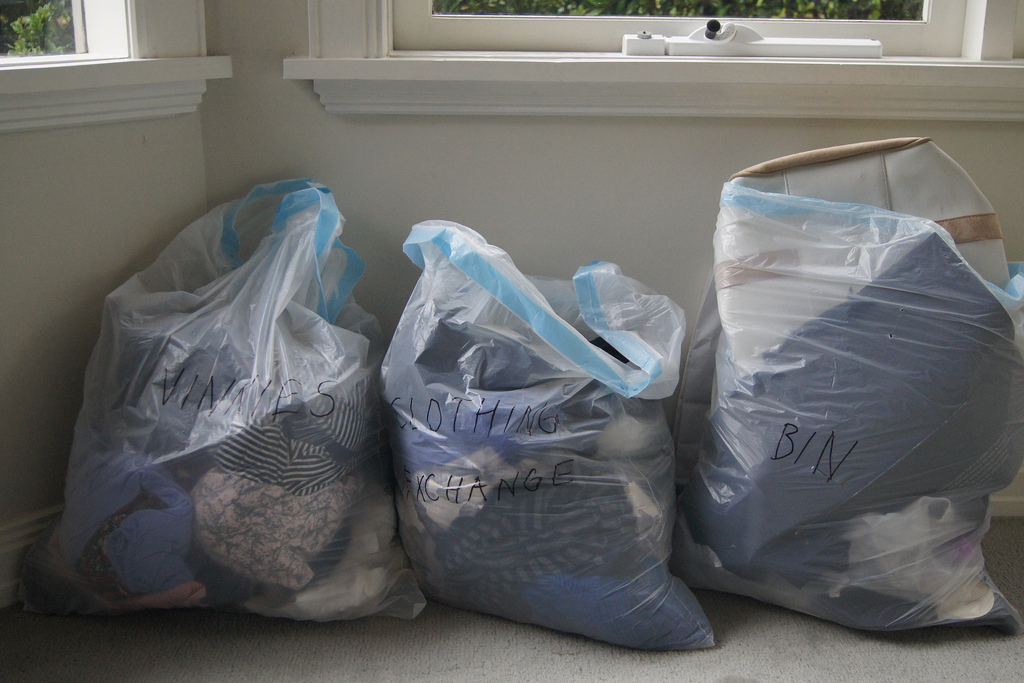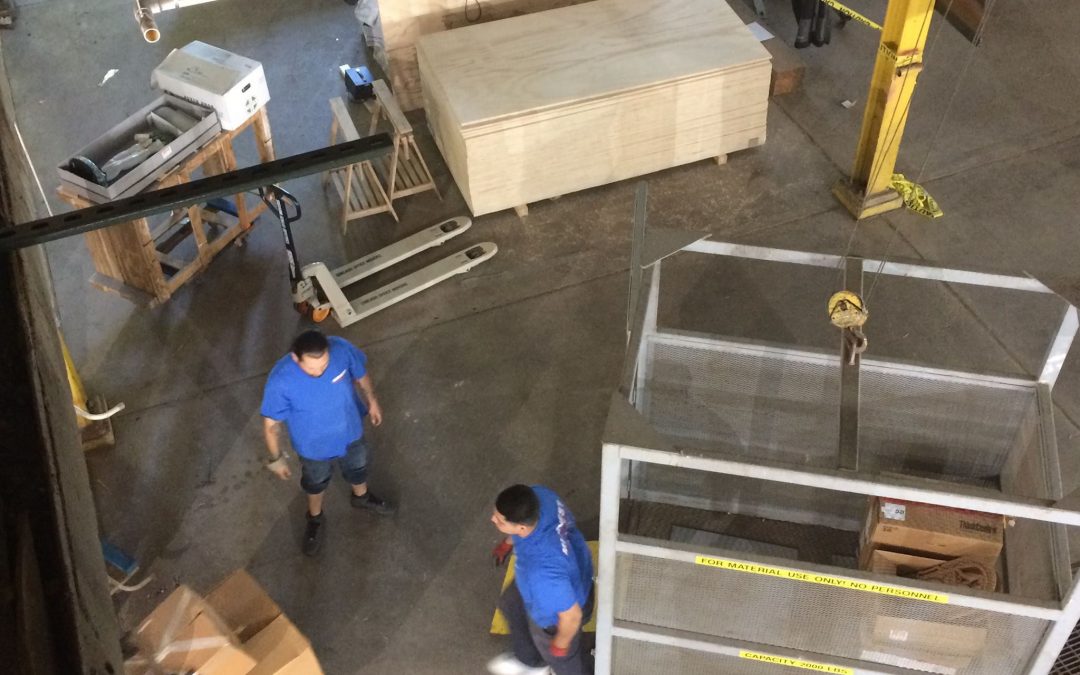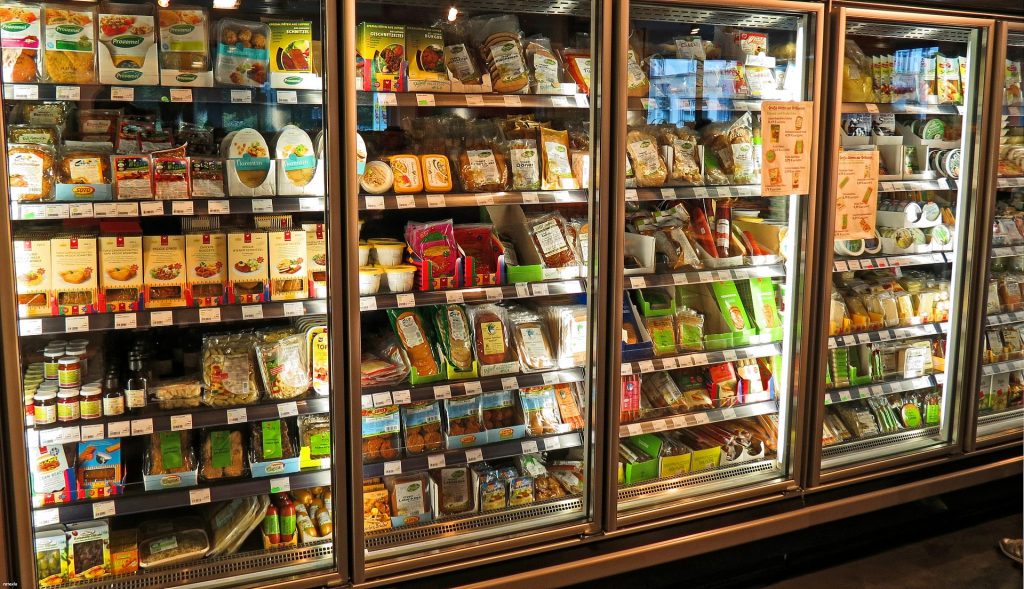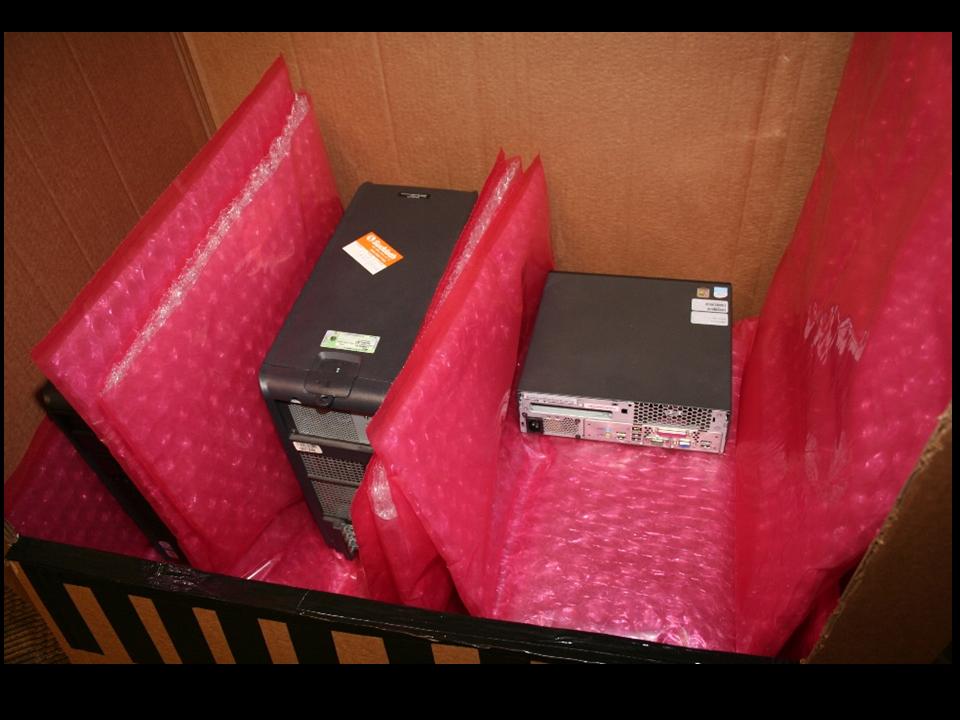Last Updated on May 28, 2024 by Kari-Ann Ryan
If you’re in between homes or if you’re downsizing, you don’t have room in your new place for all your stuff. But you will need your belongings in the future, so you don’t want to give them away or sell them. In that case, your best option is to rent a storage unit.
A storage unit is a great solution for most of your household items. However, there are certain items that may sustain damage—or cause damage—if placed in a storage unit.
Things You Can’t Store
While storage units provide a convenient solution for stashing away belongings temporarily, there are certain items that are simply not suitable for storage.
You should keep or give away the following items rather than placing them in a storage unit.
1. Food
Food and perishable items can attract animals and insects to your storage unit. These pests can chew your food and other belongings and cause significant damage. Food also increases the risk of bacteria and mold to grow in your storage unit. Avoid storing food that’s in boxes or bags, including pet food. You can store canned food, but keep the expiration date in mind.
2. Dangerous Items and Hazardous Materials
Avoid storing anything that can explode, catch fire, or spread harmful chemicals, including:
- Fireworks
- Paint
- Household cleaners
- Gasoline and motor oil
- Propane
- Kerosene
- Fertilizer
- Guns and ammunition
- Space heaters
While these items may seem harmless, they could accidentally spill, open, or catch on fire, causing harm to the belongings in your storage unit and neighboring storage units. Most storage facilities do not allow these items in their units.
3. Plants and Animals
Living things cannot and should not survive in a storage unit. If you can’t take your pets and plants with you, give them to a good home.
4. Biomedical and Toxic Waste
Do not store waste materials from medical procedures, such as used syringes or contaminated bandages. This type of waste poses health hazards and is subject to strict disposal regulations.
Additionally, avoid storing any toxic materials or substances that are considered hazardous to health and the environment, such as chemicals, cleaners, pesticides, or biological waste. These items can leak, emit toxic fumes, and cause environmental hazards if stored improperly.
5. Unregistered or Inoperable Vehicles
Most storage facilities have strict rules when it comes to storing vehicles, especially unregistered or inoperable ones.
These vehicles can take up a significant amount of space and may leak fluids such as oil, coolant, or gasoline. These fluids can cause damage to the storage unit and pose a risk to the other items stored nearby. Additionally, storing unregistered vehicles may violate local laws and regulations.
Remember to check with the storage facility beforehand to ensure that they allow vehicle storage, and to inquire about any specific requirements or restrictions they may have.
Things You Can Store
The following items can be placed in a storage unit, but you need to be careful to store them in the right way.
1. Medicine and Medical Products
You can store your medicine with a storage company as long as it does not contain radioactive materials. Keep in mind that aspirin and other medicines can break down with heat and moisture. It’s best to store medicine in a climate-controlled storage unit.
2. Electronics
Like medicine, electronics are best preserved when stored in a climate-controlled unit. However, you should remove batteries first because the batteries could corrode and damage other items.
3. Furniture
Furniture also does best in climate-controlled units. Climate control prevents furniture from expanding, contracting, or growing mold. To prevent your furniture from getting wet, put it on top of concrete blocks or planks. To prevent your furniture from getting scratched, cover it with a furniture pad or moving blanket. Don’t cover it with plastic because plastic can attract moisture.
4. Paper and Books
Keep your books, business files, and paperwork in a climate-controlled unit as well. Otherwise, they could become wet and moldy. Consider storing them in a filing cabinet. You should keep important documents you can’t misplace, like social security cards and passports, in a safe at home.
5. Appliances
Your appliances should be fine in a storage unit. To prevent mold growth, clean out kitchen appliances before storing them. Also, leave refrigerator and oven doors slightly open.

6. Vehicles
You can store cars, boats, and motorcycles in a vehicle storage facility. If it’s an outdoor storage unit, place a weatherproof cover over your vehicle to prevent damage from wind, rain, and dust.
There are a few steps you should take before storing a vehicle. First, change your vehicle’s oil. Otherwise, contaminants from your old oil could damage the engine. Also, inflate your tires to the recommended tire pressure. If your car sits still for months, the tires can develop flat spots.
Finally, consider driving your car around every couple of weeks while it’s in storage. This step can ensure the battery stays charged, the engine’s parts stay lubricated, and the air conditioner’s air stays fresh.
7. Clothing
If you have seasonal clothing you won’t need, feel free to keep it in a storage unit. Make sure your clothing is dry so it doesn’t attract mold. Keep your clothing in secure boxes.
8. Valuables and Antiques
You can certainly keep your valuables in a storage unit, but make sure it is climate-controlled to prevent damage. Also, make sure there is adequate security to protect your items from theft. Along with a secure lock on your storage unit, the facility itself should have a coded access gate. You might also benefit from 24/7 monitoring, whether from security guards or cameras.
9. Toys, Knick Knacks, Decorations, and Miscellaneous Belongings
You can store most items without a problem. A storage unit is a great place to keep all the things you don’t have room for. Make sure to follow all the storage facility’s rules and regulations.
10. Musical Instruments
Musical instruments can be safely stored in a storage unit, but there are a few precautions you should take to ensure their protection.
- Climate control: Musical instruments, especially those made of wood, are sensitive to changes in temperature and humidity. Extremes in temperature and humidity can cause warping, cracking, or other damage to the instrument. Therefore, it is important to choose a storage unit with climate control to maintain stable temperature and humidity levels.
- Proper packaging: Before storing your musical instruments, it is crucial to clean them thoroughly to remove any dirt, oils, or moisture. Use appropriate cleaning and polishing products recommended by the instrument manufacturer or a professional if necessary. Once the instruments are clean and dry, place them in their respective cases or covers. This will provide an additional layer of protection against dust, scratches, and potential impacts.
- Secure positioning: When placing your instruments in the storage unit, make sure they are positioned securely to prevent any accidental falls or shifts. Arrange them in a way that minimizes contact between different instruments to avoid potential damage.
- Regular maintenance: Even if your instruments are in storage, it is important to periodically check on them and perform maintenance to ensure their condition doesn’t deteriorate. For example, if you have stringed instruments, check the tension of the strings and make any necessary adjustments. You should also periodically clean and oil any movable parts to prevent them from seizing.
Contact Us
Look for a storage unit facility that offers units of many different sizes so you can find the right one for your needs. Call Mid-West Moving & Storage at 847-593-7201 to learn more about our affordable storage options.














